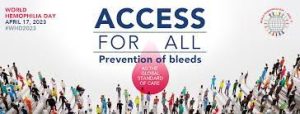Whether we like it or not, Facebook is one of the most popular social media.
It has taken on the ‘mission’ of ‘connecting’ us, of linking together the inhabitants Planet Earth.
To achieve this task, it makes use of all kinds of clever ways one of which is the ’FRIENDS’ feature.
It is interesting to listen to people telling one another how many ‘friends’ they have on Facebook.
Some will boast of having thousands of friendly followers who faithfully check, daily of course, what is happening to them.
Today, I ask myself: How many people have in their personal list the name of… GOD?!
Strange to say, I have never heard anyone make such a claim!
Reading the gospel of this Sunday (6th Sunday of Easter, Year B – Jn.15:9-17)
I find the words of Jesus who says clearly:
”I shall not call you servants any more…
I call you friends
because I have made known to you
everything I have learnt from my Father.”
An amazing statement indeed and for more than one reason.
Each one of us can say, in all truth: ‘I am a friend of God’.
This does NOT require any qualification, social status, privileged background or exceptional experience.
The only requirement is that… we accept his friendship!
By definition becoming the friend of someone is a free decision.
It is no different with friendship with God.
He has created us free beings and will not force us into anything –
surely not into accepting him as a personal friend in our lives.
Coercion would destroy the beauty and value of friendship.
The second aspect of Jesus’ words that I find amazing is that he claims that
he has made known to us all that he, himself, has learned from his Father.
I personally feel that… I have still to make an inventory of all of this…
I am convinced that I am bound to make astonishing discoveries when I seriously get down to it!…
The same may happen to you . . .
Note: Another reflection is available in French on a different theme at: https://image-i-nations.com/6e-dimanche-de-paques-annee-b/

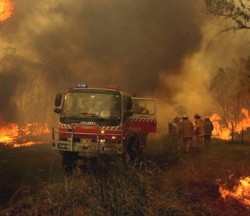
 Declaration by the High Representative, Federica Mogherini, on behalf of the EU on the occasion of the World Press Freedom Day, 3 May 2018.
Declaration by the High Representative, Federica Mogherini, on behalf of the EU on the occasion of the World Press Freedom Day, 3 May 2018.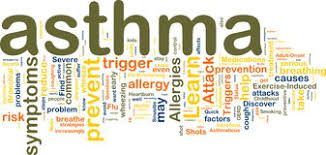


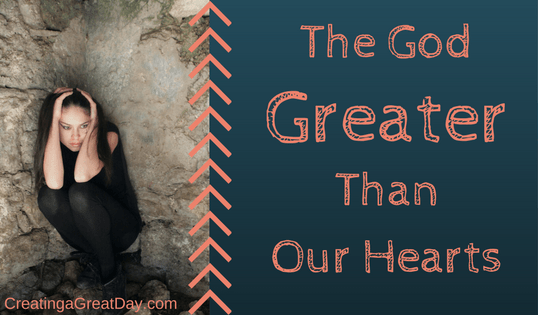 At times, we may feel that we need some encouragement in our life as Christians.
At times, we may feel that we need some encouragement in our life as Christians.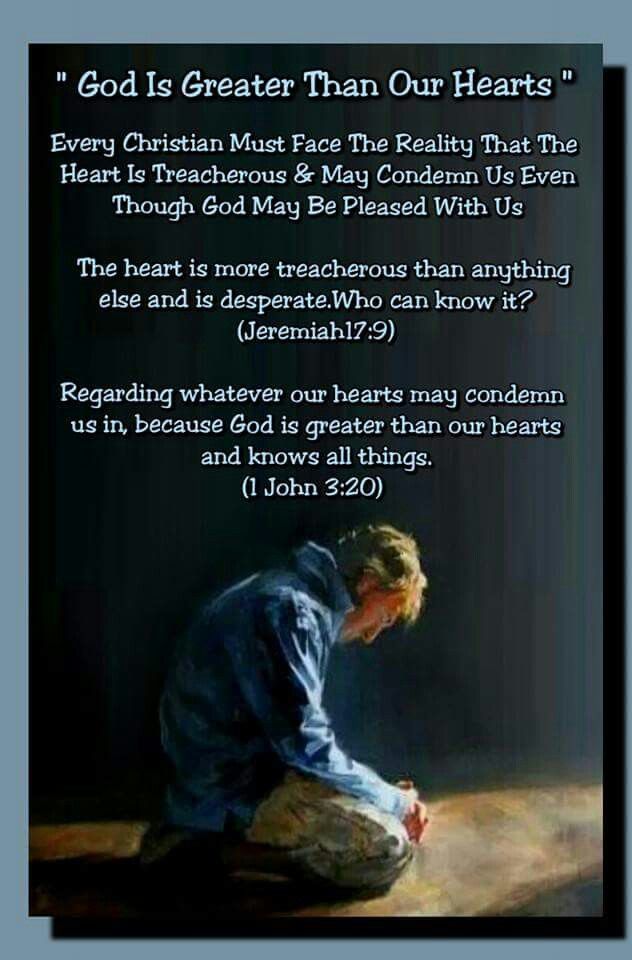 “We… be able to quieten our conscience in his presence,
“We… be able to quieten our conscience in his presence,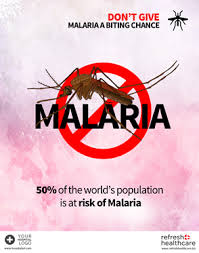 World Malaria Day gives people the chance to promote or learn about the efforts made to prevent and reduce Malaria around the world. It is observed on April 25 each year.
World Malaria Day gives people the chance to promote or learn about the efforts made to prevent and reduce Malaria around the world. It is observed on April 25 each year.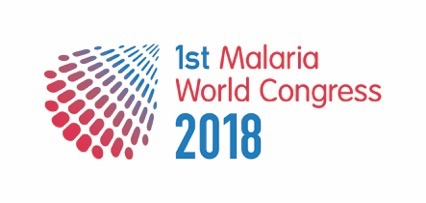 The World Health Assembly instituted World Malaria Day in May 2007. The purpose of the event is to give countries in affected regions the chance to learn from each other’s experiences and support one another’s efforts. World Malaria Day also enables new donors to join in a global partnership against malaria, and for research and academic institutions to reveal scientific advances to the public. The day also gives international partners, companies and foundations a chance to showcase their efforts and reflect on how to scale up what has worked.
The World Health Assembly instituted World Malaria Day in May 2007. The purpose of the event is to give countries in affected regions the chance to learn from each other’s experiences and support one another’s efforts. World Malaria Day also enables new donors to join in a global partnership against malaria, and for research and academic institutions to reveal scientific advances to the public. The day also gives international partners, companies and foundations a chance to showcase their efforts and reflect on how to scale up what has worked. 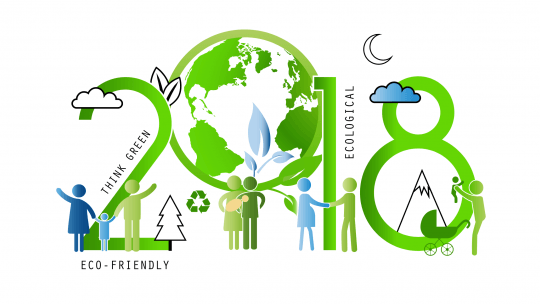 What is Earth Day?
What is Earth Day?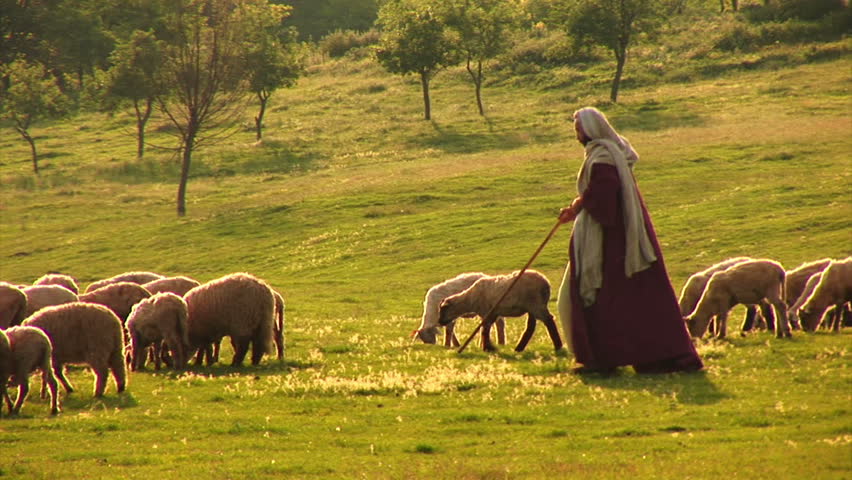
 It is the story of a pilot going home for Christmas and, suddenly, his aircraft suffers a complete electrical failure en route. Lost in fog and with little fuel left, he fears the worse. Literally out of the blue and absolutely unexpected. he is met and led (or shepherded) by another pilot who has apparently been sent up to guide him and bring him to land safely.
It is the story of a pilot going home for Christmas and, suddenly, his aircraft suffers a complete electrical failure en route. Lost in fog and with little fuel left, he fears the worse. Literally out of the blue and absolutely unexpected. he is met and led (or shepherded) by another pilot who has apparently been sent up to guide him and bring him to land safely.

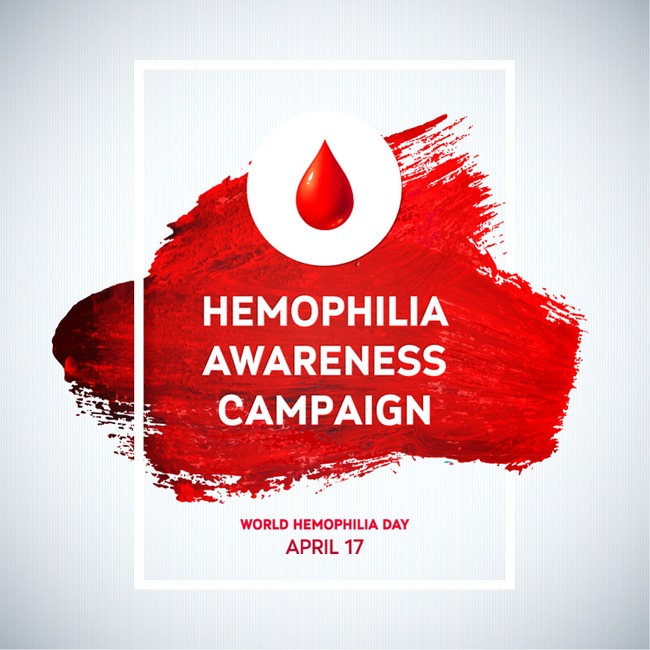 Nicking your finger with a knife while chopping some tomatoes for a salad is just a nuisance for most of us—we utter a choice word or two, rinse the cut, apply a disinfectant and maybe a band-aid, and then proceed to go on with our lives. The same goes for, say, tripping and falling—most of us will just get up and keep on going, not giving the situation any more thought and barely noticing the bruise that may appear afterward. Unfortunately, there are people whose very lives may be put in danger because of such seemingly minor accidents: hemophiliacs.
Nicking your finger with a knife while chopping some tomatoes for a salad is just a nuisance for most of us—we utter a choice word or two, rinse the cut, apply a disinfectant and maybe a band-aid, and then proceed to go on with our lives. The same goes for, say, tripping and falling—most of us will just get up and keep on going, not giving the situation any more thought and barely noticing the bruise that may appear afterward. Unfortunately, there are people whose very lives may be put in danger because of such seemingly minor accidents: hemophiliacs.